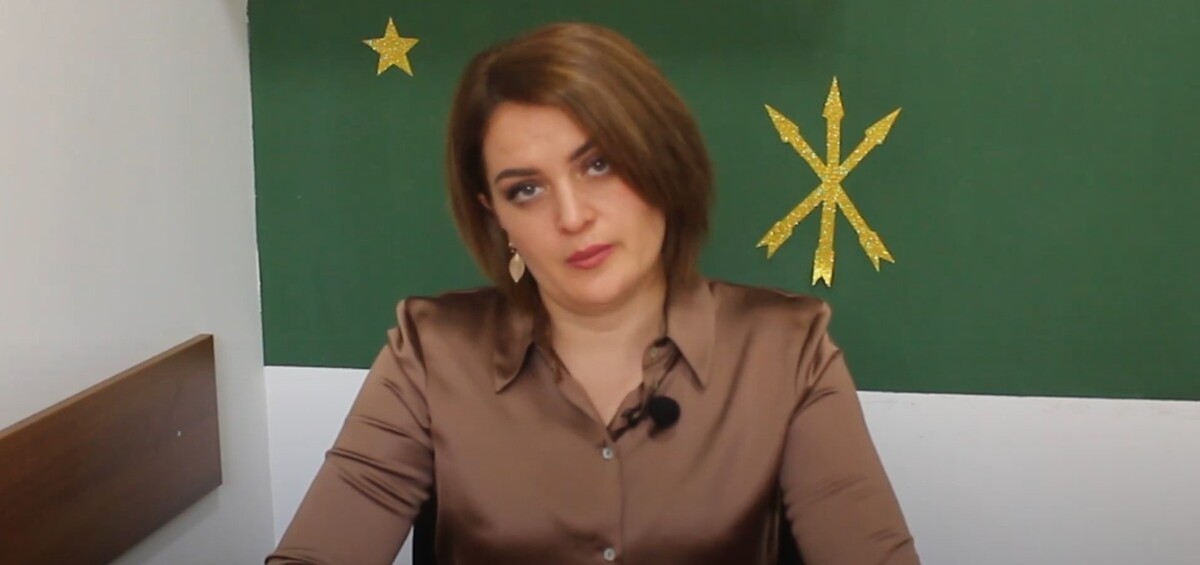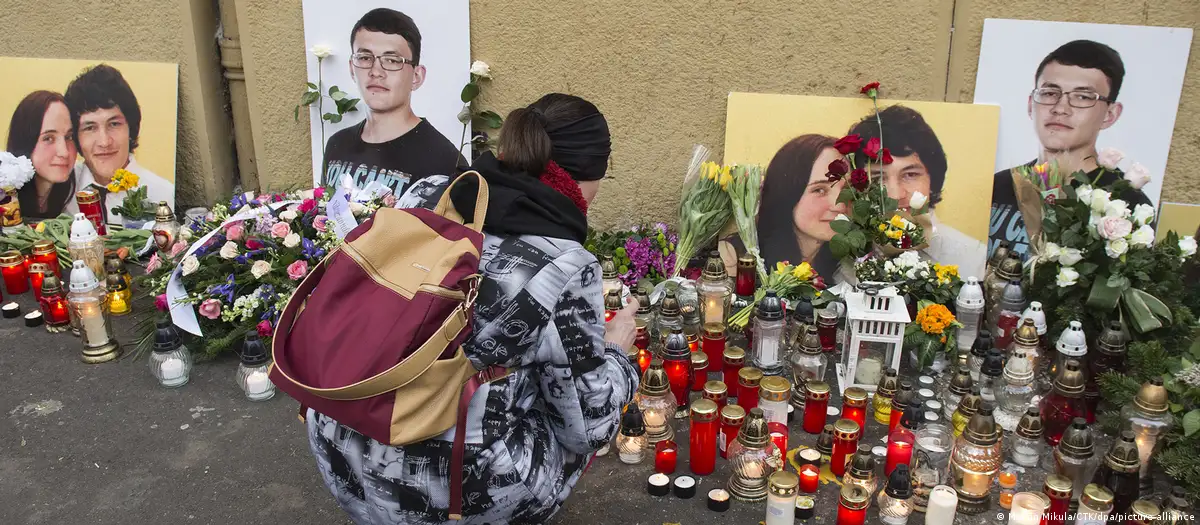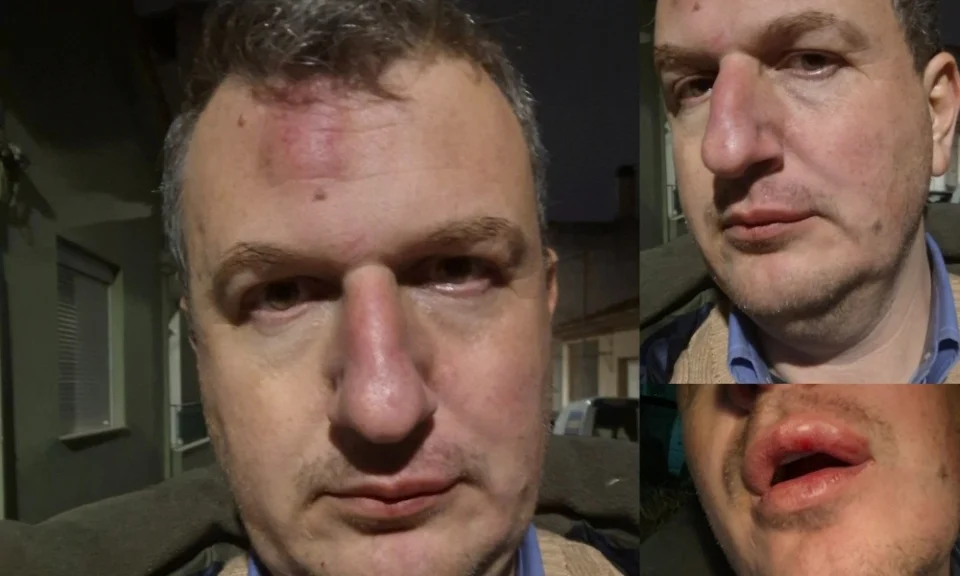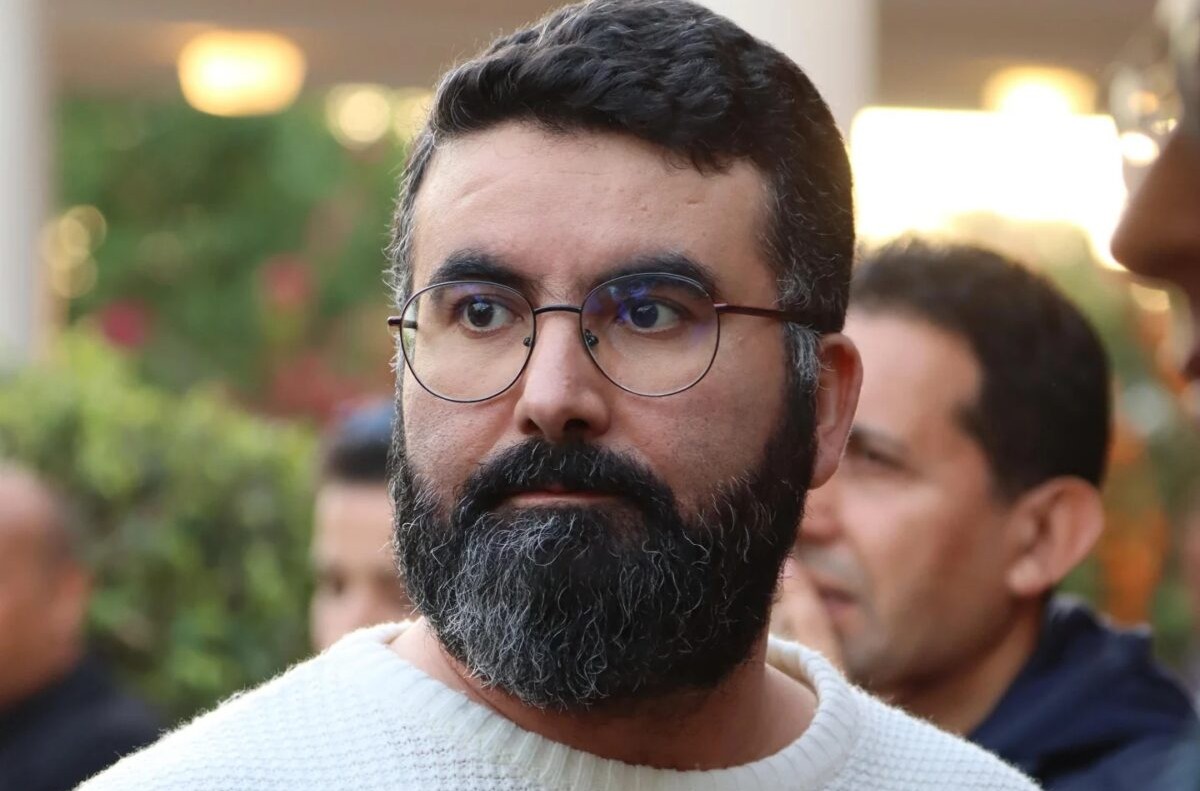
Moroccan Journalist Younes Ftaite Briefly Detained, Then Released
September 25, 2025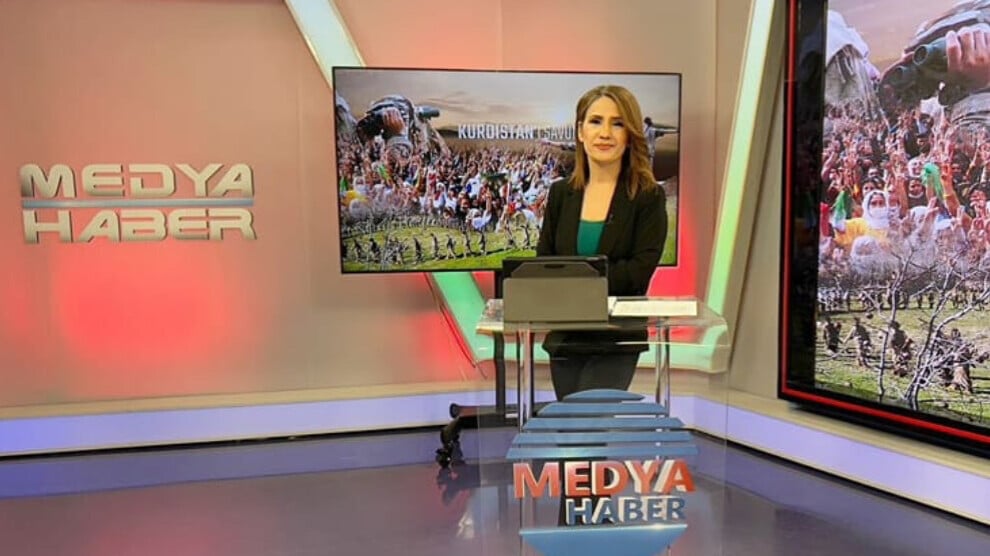
ROJIN Demands Release of Journalist Heval Arslan Arrested in Belgium
September 25, 2025September 25, 2025 – Russia –
Journalist and Circassian activist Larisa Tuptsokova, who has resided in Georgia for over 14 years, has learned that Russian authorities have opened a criminal case against her on charges of involvement with an extremist organization. The notice was reportedly sent to her parents’ home in Maykop, Adygea, even though she has not been officially informed of the charges or permitted access to the case documents.
Tuptsokova is also a philologist and teacher of the Circassian (Adyghe) language, in addition to her work as a journalist. She publicly stated that she has followed legal, transparent methods in her work, and lamented that it is increasingly difficult to speak ofthe rule of law in a system where criminal charges can be initiated solely for expressing dissenting opinions.
According to Tuptsokova, the prosecution likely stems from her involvement in the Circassian Media project, which publishes reports about the Circassian diaspora, culture, and linguistic issues. In August 2025, the Russian state broadcaster GTRK Adygea aired a segment that dismissed the “Circassian issue” as fictitious. At around the same time, a fabricated website claiming to belong to a “Circassian Cultural Centre in Tbilisi” published articles under her name and those of other authors, further complicating the situation.
The criminal case has been initiated under Part 2 of Article 282.2 of the Russian Criminal Code, which addresses participation in an extremist organization. This statute has been used frequently by Russia against voices critical of the government, sometimes with minimal public evidence. Human rights observers often view such laws as tools to suppress dissent and constrain freedom of expression.
Tuptsokova’s case underscores the precarious situation faced by journalists and cultural activists connected to minority identities, especially those operating transnationally. Her situation also signals how states may employ broad, vaguely defined “extremism” charges to silence critics—even when those critics live outside their jurisdiction and have long been removed from direct governmental influence.
Reference –

